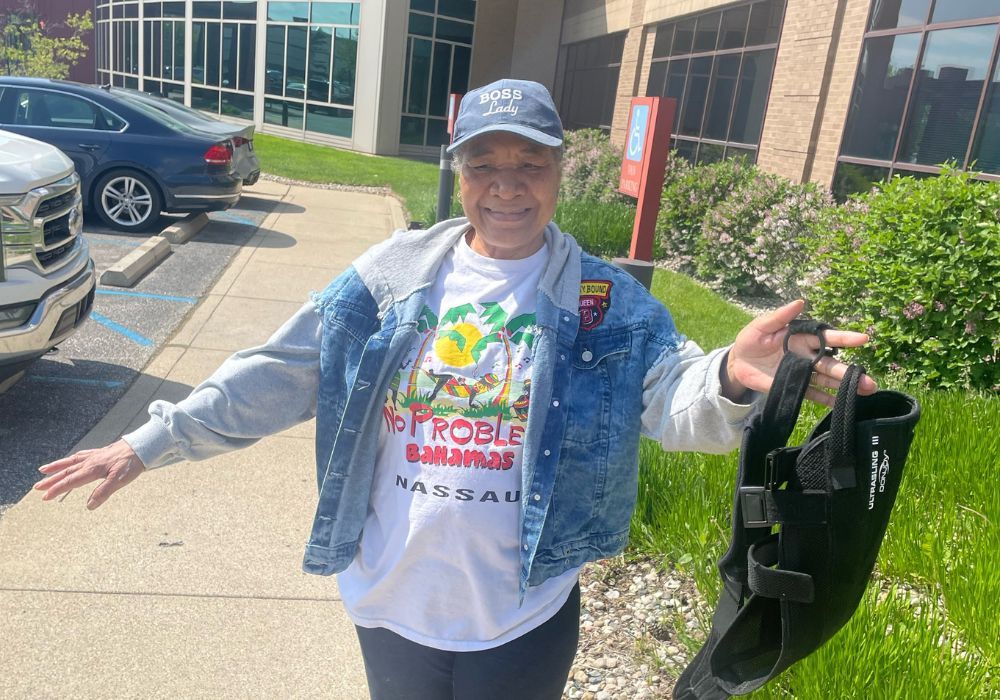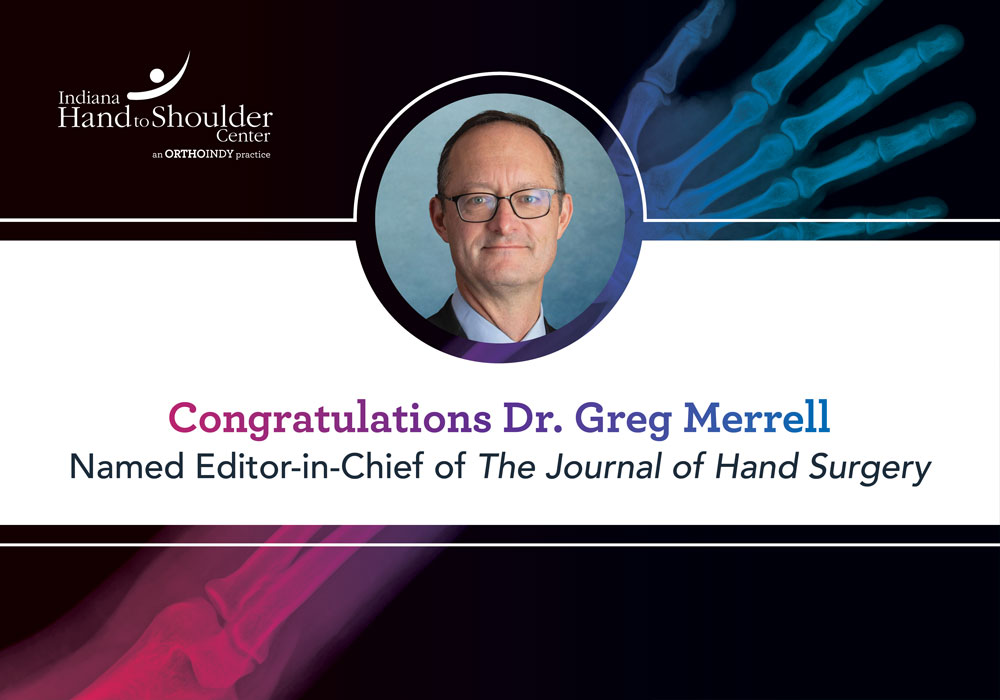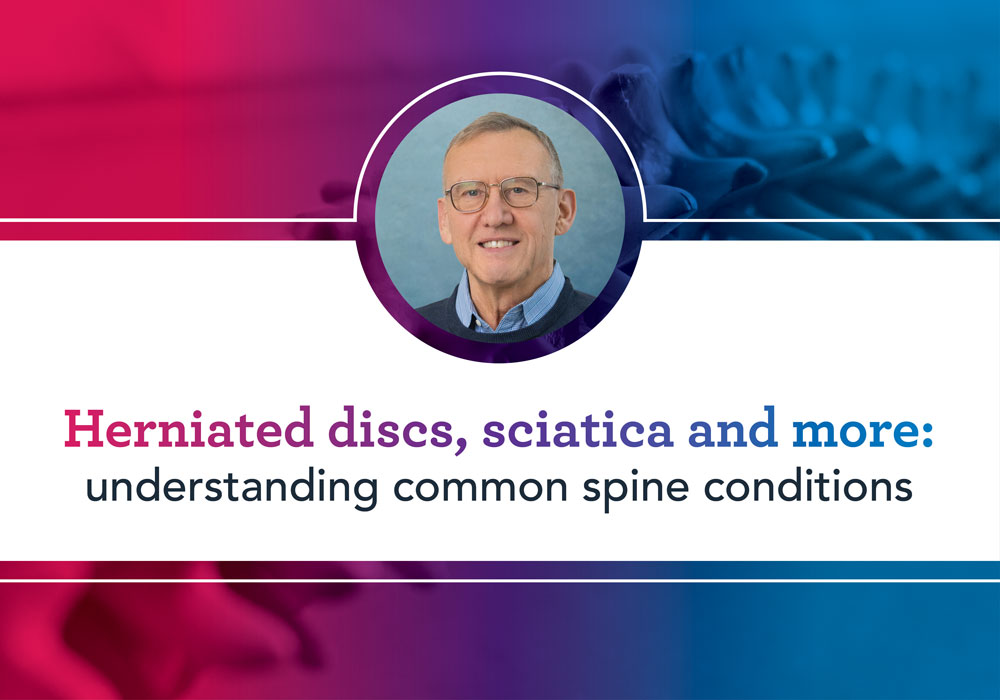Shoulder arthritis also referred to as glenohumeral arthritis, is a loss of articular cartilage which is found at the end of a joint bones’ surface.
Wear and tear arthritis, or osteoarthritis, is most common, but inflammatory conditions such as rheumatoid arthritis can also lead to loss of articular cartilage.
Read on to learn about the different types of shoulder arthritis, its symptoms, and treatment options for this painful condition.
Shoulder anatomy
To understand what causes shoulder arthritis, it’s important to first understand the different parts of the shoulder and how they come together.
The shoulder is made up of three bones:
- upper arm bone
- shoulder blade
- collarbone
The shoulder is a ball-and-socket joint, which means the ball of the upper arm fits into a shallow socket in your shoulder blade.
Strong connective tissue, called the shoulder capsule, surrounds the joint. To help your shoulder move easier, synovial fluid lubricates the shoulder capsule and joint.
The ball stays in the shoulder socket with the help of static restraints (labrum and ligaments) and dynamic restraints (the rotator cuff and scapular muscles).
The rotator cuff is made up of four muscles that come together as tendons to form a covering around the head of the humerus. The rotator cuff attaches the humerus to the shoulder blade and helps to lift and rotate your arm.
The glenoid is the socket that the humerus fits in. This socket is surrounded by a fibrocartilaginous structure called the labrum that helps the head of the upper arm fit into the shoulder socket.
The glenohumeral joint is where the head of the humerus fits into the scapula.
Types of shoulder arthritis
There are several different types of shoulder arthritis, including:
Osteoarthritis
Osteoarthritis, also called “wear-and-tear” arthritis, is a condition that destroys the smooth outer covering of your bone. As the cartilage wears away it becomes frayed and rough, which causes the bones to rub against each other, causing pain.
Rheumatoid arthritis
Rheumatoid arthritis, or RA, is a type of shoulder arthritis. It is a chronic disease that attacks multiple joints throughout the body.
Post-traumatic arthritis
Post-traumatic arthritis is a form of osteoarthritis that develops after an injury, such as a fracture or shoulder dislocation.
Rotator cuff tear arthropathy
Rotator cuff tear arthropathy develops after a long-standing tendon tear. The torn rotator cuff can no longer hold the head of the humerus in the glenoid socket, which causes the humerus to move upward and rub against the acromion.
Avascular necrosis
Avascular necrosis is a type of shoulder arthritis that occurs when the blood supply to the head of the humerus is disrupted. Because bone cells die without a blood supply, this can lead to the destruction of the shoulder joint and arthritis. This is caused by high dose steroid use, heavy alcohol consumption, sickle cell disease, traumatic injury, or in some cases a cause that is unidentifiable.
Symptoms of arthritis in the shoulder
There are many different shoulder pain causes and various symptoms associated with shoulder arthritis. Here are a few of the most common:
- Pain aggravated by activity and progressive worsening
- Pain throughout the entire shoulder (rheumatoid arthritis)
- Limited range of motion
- Grinding, clicking or snapping sound when you move your shoulder
- Shoulder pain at night while you sleep
How is shoulder arthritis diagnosed?
To determine if you have shoulder arthritis, your physician will ask you for a complete medical history, have you describe your symptoms and conduct a physical examination.
An X-ray may be necessary to rule out other problems
Make an appointment with a shoulder specialist
How is shoulder arthritis treated?
To provide you with effective treatment, your physician will determine which joint is affected and what type of shoulder arthritis you have.
Initial treatment for shoulder arthritis is nonsurgical. Some treatments include:
- Rest or change in activity
- Strengthening exercises
- Physical therapy
- Non-steroidal anti-inflammatory medicine such as ibuprofen
- Corticosteroid injections
- Heat
- Tissue and cell injections*
- PRP injections*
- Ice
- Dietary supplements
*New studies show PRP injections, as well as tissue and cell injections, are effective treatments to help ease pain caused by osteoarthritis naturally. Ask your physician if you’re a candidate for these orthobiologic options. These injections are not guaranteed to take effect, but they may help decrease pain and improve function.
Learn more about OrthoIndy shoulder treatments
Surgical treatment
Surgery may be necessary if your pain from shoulder arthritis causes disability and is not relieved with nonsurgical methods.
- Arthroscopic surgery: Minor shoulder arthritis of the glenohumeral joint may respond with this method, along with debridement of the joint.
- Shoulder replacement surgery: This involves replacing the ball and socket (humeral head and glenoid) joint.
- Reverse shoulder replacement: This is when a ball is placed on the socket side and the socket is placed on the ball side. It is used for rotator cuff arthropathy or bad proximal humerus fractures.
Make an appointment with a shoulder specialist
How do you recover from shoulder arthritis?
Shoulder replacement surgery typically involves an overnight stay at the hospital. Physical therapy is started to work on a range of motion; however, restrictions are put in place to protect the soft tissue structures that are violated to enter the joint.
After six weeks patients progress to the full range of motion and continue strengthening. Most patients have good function by four to six months; however, lifting restrictions are recommended.
Learn more about shoulder treatment options from OrthoIndy
Find out what’s really causing your shoulder pain
If your shoulder pain causes you to miss out on normal day-to-day activities, we can help. Request an appointment online or call OrthoIndy at 317.802.2000 to book an appointment with one of our shoulder specialists.
If your shoulder injury or condition is recent, you can walk right into one of our OrthoIndy Urgent Care locations for immediate care. For rehabilitation and physical therapy, no referral is needed to see one of our physical therapists.





